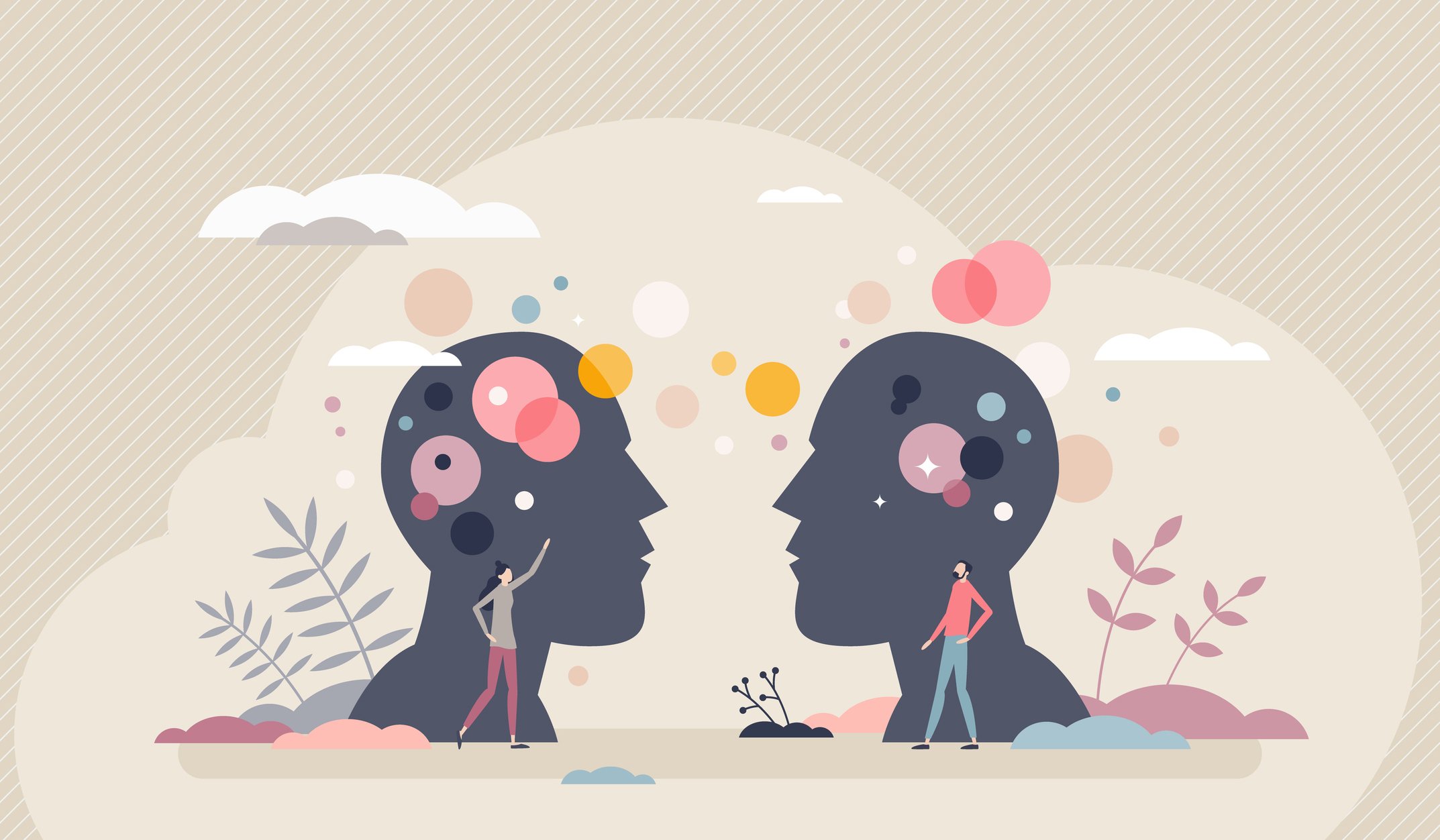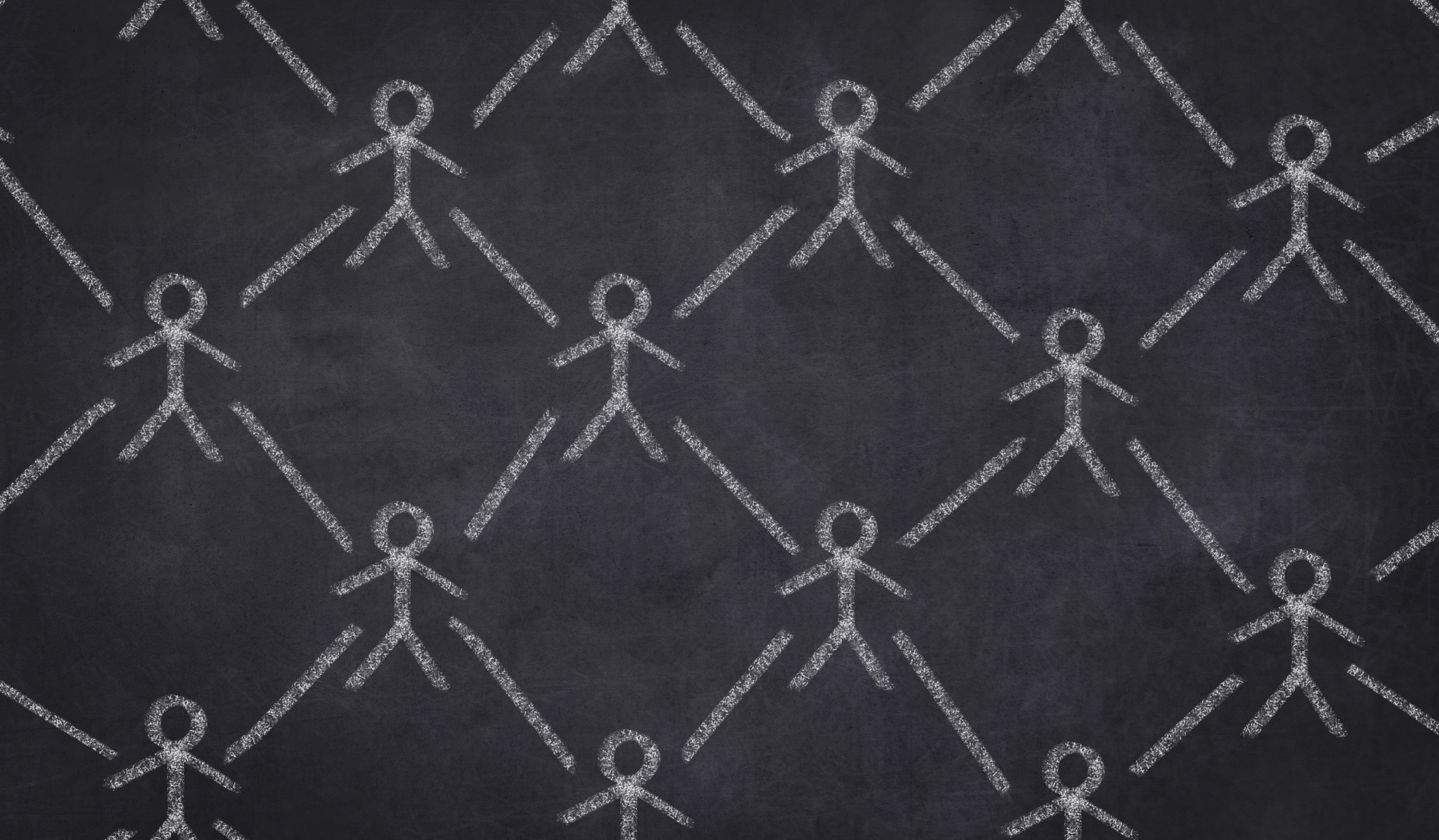
“I’ve learned that people will forget what you said, people will forget what you did, but people will never forget how you made them feel.” - Maya Angelou
When asked to write this blog, I wondered what value I could add to the blogging world... “A blog on empathy in the workplace!” For me, this was a natural reaction, because it’s a natural feeling. It is not natural for everyone, and that’s okay. The world is a melting pot, as it should be, and that is what makes the world work. Maybe you are confused on what empathy really is? Maybe you’ve been misinformed that there is no room for empathy in the workplace – when in fact, we need to make a little more room.
Empathy is fellow feeling. It is a tool to connect to someone on an interpersonal level; it can offer hope and healing on a deeper level. Being able to get to this place allows you to suspend judgment, feelings, opinions, anger, and resentment. It is the ability to temporarily suspend your own opinions, to truly walk a mile in someone’s shoes. Researchers have broken down empathy into the following components:
- Emotional or affective empathy: Feeling what another person is feeling
- Cognitive empathy: Thinking about another person’s situation
- Behavioral empathy: Taking action to help others based on your understanding of another person’s feelings and perspective
The integration of those three activities predicts how empathic a person can be.
A line from Helen Riess’ book “The Empathy Effect” sums up the interplay of these dimensions quite well: “Empathy is produced not only by how we perceive information, but also by how we understand that information [cognitive empathy], are moved by it [emotional empathy], and use it to motivate our behavior [behavioral empathy].”
I feel empathy can sometimes be confused with being sensitive, sad, or even weak. Being told you are “emotional” often carries a negative connotation, and something I think society has gotten quite wrong.
Empathy is best understood as a human capacity, consisting of several different facets working together. It took me quite a while to understand what this was, and the difference in being sensitive and being naturally empathetic.
Growing up, I was not aware of how to maintain or manage these traits, and similarly was posed as emotional. I can recall scenarios or situations very far back, into single digits even, where impacts on others affected my emotions. For me, I feel like empathy is like resonating with someone – sometimes to a fault.
Empathy for me, started young. Like many in the Midwest we were raised going to church on Sundays, and can remember sitting in a pew, eyes welling with tears while barely understanding what was even being said, and unsure as to why. Attending a wedding around 10, with my parents knowing this was a happy moment and not understanding why I was what seemed like automatically tearing up as the bride entered the room. As a teenager, watching talent shows or school programs, award ceremonies, being overcome with emotions, that were beyond happy! My natural responses are thinking of that person(s) on the stage, or in the spotlight, and how they must be feeling and being purely happy for them. This has carried into adulthood in various capacities.
As I’ve gotten older, I am still that same girl, but I’ve learned more about myself and about empathy as a whole. I have learned when people show empathy for others, they are usually good at perceiving what others feel, process the information, and effectively respond. I also learned you can be empathetic and still be strong, powerful, and determined. Read that line again. It’s something I wish younger Lisa understood.
As much as we need rules, regulations, and procedures in our world, as well as the leaders and workers to guide them – we also very much need empathetic friends, colleagues, and leaders.
Typically speaking when employees are committed and engaged, they’re more productive, which positively impacts organizational profitability. And engagement is especially critical during times of uncertainty and disruption. When leaders lack critical people skills like empathy, employees experience more daily stress, dissatisfaction, and disengagement — and productivity plummets. Empathy in the workplace is a necessity.
I am so thankful to have met a handful of leaders in my career who have inspired me with how they made me, and others, feel.
Numbers will prove themselves; margins will rise and fall; processes and procedures will change; but people will never forget how you made them feel.
Let us make empathy a priority in our lives and in our workplaces. Let us help future generations recognize empathy as a strength, not a weakness. Let us celebrate empathetic leadership.



